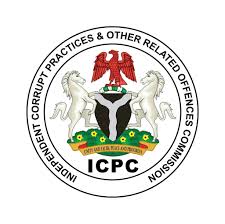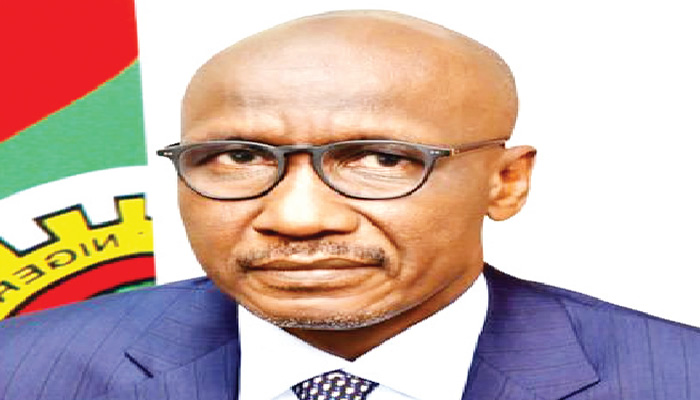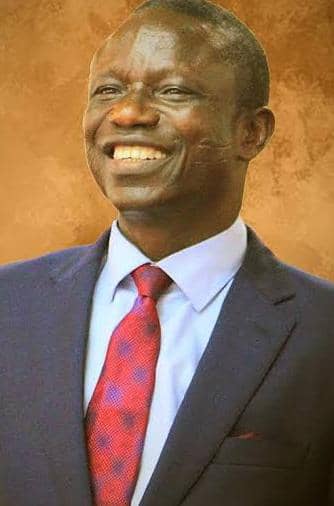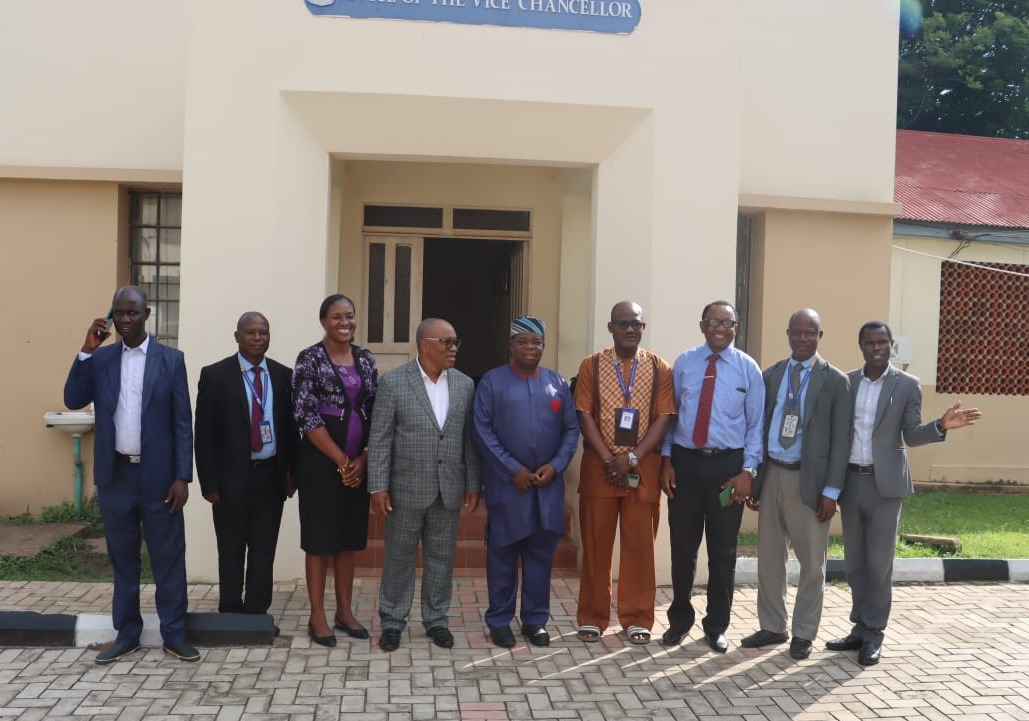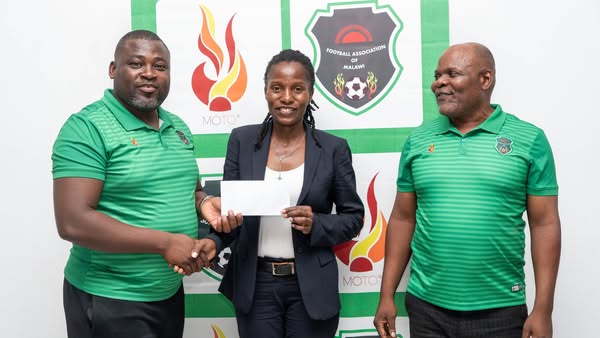
The Football Association of Malawi (FAM) has called on Malawian FIFA referees to maintain integrity and professionalism as they prepare for the 2025 season.
FAM President Fleetwood Haiya made the appeal on Sunday at Sunbird Livingstonia Beach while presenting FIFA badges to 16 referees included in the 2025 FIFA list. “I’m happy to say that last season we didn’t have any issues with officiating. I know there may have been a few challenges, but overall, the feedback was very positive,” said Haiya.
“It is our prayer that in the 25/26 season, referees will continue to uphold professionalism and integrity. After undergoing training in fitness and theory, I trust they will deliver another excellent season.”
On the issue of referee rotation in the TNM Super League, Haiya noted the economic challenges but expressed FAM’s commitment to working with the Super League of Malawi to find a feasible solution.
One of the newly listed referees hailed FAM and the Referees Committee for their support and pledged to work hard to maintain FIFA’s trust.
“It’s a personal challenge, but I am ready to handle because it’s my ambition to excel internationally and represent Malawi in major tournaments. I will repay the faith shown in me and my colleagues by delivering strong performances,” he said.
The 2025 FIFA referee list comprises 16 referees: five center referees, nine assistant referees, and two beach soccer referees, with four females and 12 males. New entrants include Mayamiko Kanjere, David Chinoko, Sibusiso Sibande, and Solomon Siliwonde. However, Gift Chicco, Newton Nyirenda, Mercy Kayira, Joseph Nyauti, and Rose Zimba have dropped off the list.
Malawi had also proposed three referees for the VAR list, but their applications were not approved.
2025 FIFA Referee List:
Godfrey Nkhakananga
Easter Kalikokha Zimba
Eness Gumbo
Mayamiko Kanjere
David Chinoko
Bernadettar Kuyimbira
Clemence Kanduku
Pondamali Tembo
Happiness Mbandambanda
Evans Msonda
Lameck Phiri
Samuel Fudzulani
Mphatso Matete
Sibusiso Sibande
Mathews Ngwira
Solomon Siliwonde




